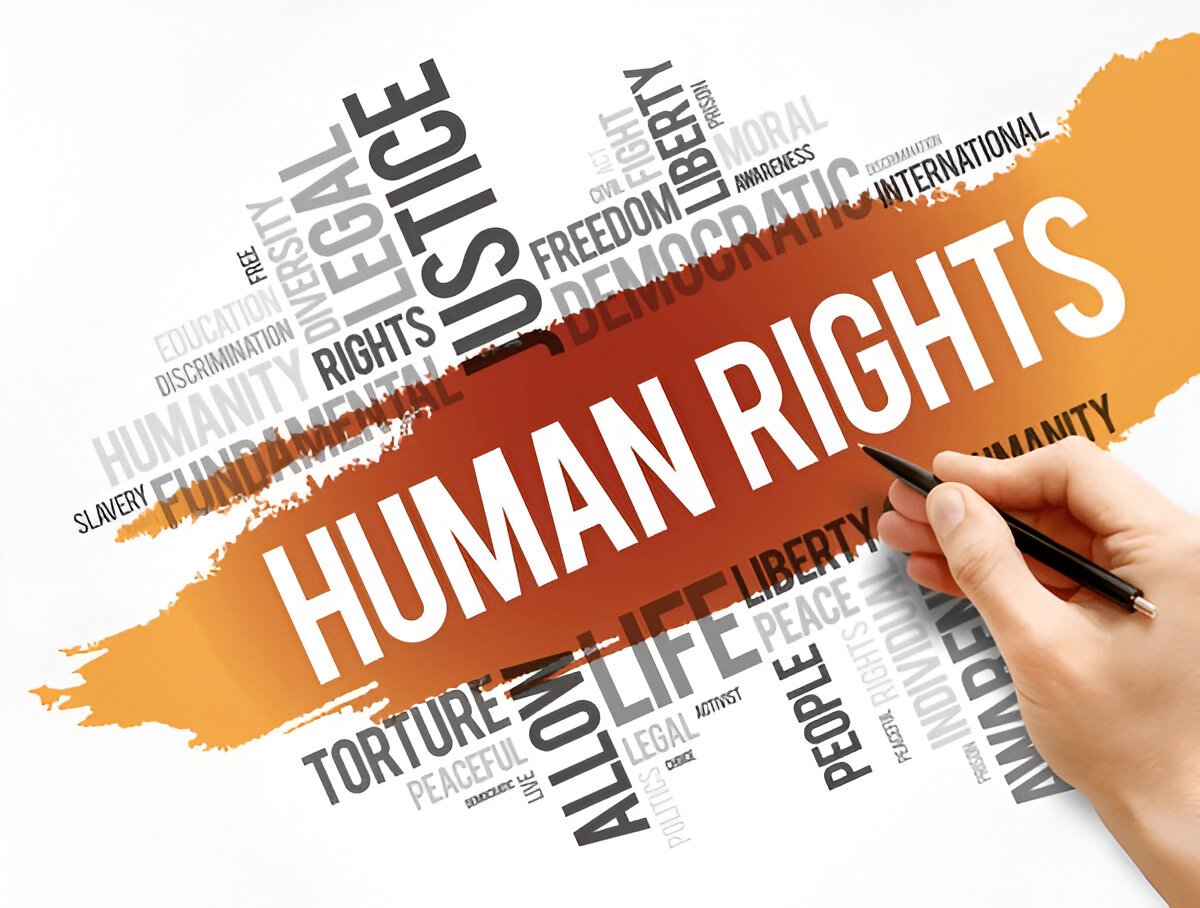The National Legal Services Authority (NALSA) filed a public interest litigation before the Supreme Court of India to represent the rights of the transgender community. NALSA highlighted that transgender persons, despite being a part of Indian society for centuries, have been continuously discriminated against and excluded from social and legal recognition. The petition emphasized that transgender people face severe marginalization in key areas such as education, jobs, healthcare, and housing. This lack of recognition and support has caused significant hardship and violation of their basic human rights.
The case brought forward the plea that transgender individuals should not be forced to choose only between the binary identities of 'male' or 'female.' Instead, they should be recognized as a distinct third gender with equal rights under the Constitution of India.
Issue Raised before the Court
Whether transgender persons should be legally recognized as a 'third gender' and be granted constitutional protection under the Indian Constitution?
Contentions of the Petitioner:
The petitioner, NALSA, argued that the transgender community in India continues to suffer from deep-rooted discrimination in key areas like education, jobs, healthcare, and access to housing. NALSA highlighted that there was no formal legal recognition for transgender persons under Indian law, which left them vulnerable and unprotected. It was further contended that the current legal system only recognizes two genders, male and female, which fails to acknowledge the reality of diverse gender identities in Indian society. Due to this, transgender individuals are excluded from legal protections and basic rights. The petitioner strongly urged that transgender persons should be officially recognized as a "third gender" under the Constitution, and that they must be guaranteed fundamental rights such as equality, dignity, and freedom from discrimination. NALSA also criticized the government for not taking effective steps to protect transgender individuals, and requested the Supreme Court to intervene and uphold their constitutional rights.
Contentions of the Respondent
In response, the Union of India argued that the Indian Constitution already provides fundamental rights and protections to all citizens, including transgender individuals, and therefore, no separate legal category was needed. The government maintained that having only male and female categories served important administrative functions and introducing a third gender might lead to confusion or practical issues. They further suggested that since the transgender community was relatively small and already socially marginalized, special legal recognition was unnecessary. The respondent pointed out that some measures, such as reservations in education and jobs, had already been taken to support the community, and that any further steps should be introduced gradually after proper consultation. The government also argued that it was neither feasible nor necessary to create a new gender category in official records since transgender individuals could continue identifying as male or female.
Analysis of the Court
The court ruled that transgender individuals have the right to self-identify their gender as male, female, or third gender. It recognized Hijras, Eunuchs, and others outside the male-female binary as the "third gender" under the law and affirmed their fundamental rights under Part III of the Constitution. The court held that no one should be forced to undergo medical procedures like sex reassignment surgery for legal recognition.
It relied on Article 14 (equality before law), Articles 15 & 16 (protection from discrimination), Article 21 (right to life with dignity), and Article 19(1)(a) (freedom of expression), affirming that gender identity is central to dignity and personal freedom. The court also directed the government to ensure welfare measures and reservation benefits for transgender people, recognizing them as socially and educationally backward.

